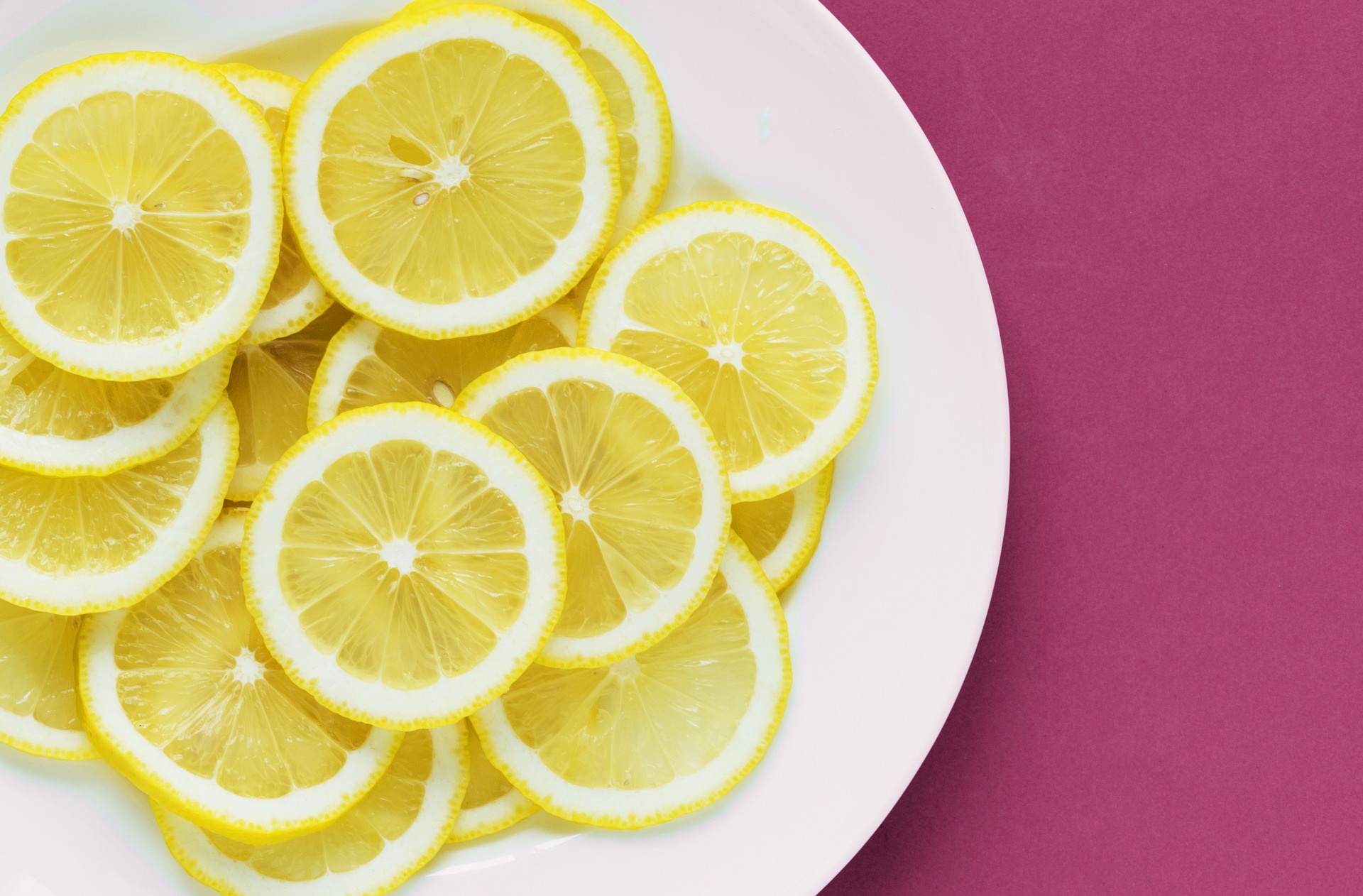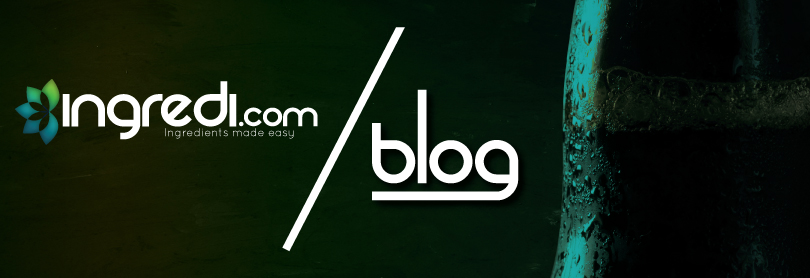Is Citric Acid A Preservative? | What You Need to Know
By on Jun 4th 2018
In the age of health-conscious eating and wanting to know exactly what we put in our bodies, questions about preservatives in our food are more and more frequent.
So, you ask: is citric acid a preservative? In short, yes—but not in a harmful way.
We must first define what a preservative is to understand how citric acid works as one.
Why do we use preservatives?
Preservatives, or food additives, prevent bacteria from growing in food. They’re key in maintaining freshness in food that must last long enough to get from the source to the grocery store, and ultimately to your dinner table.
They also contribute to taste, texture, and improve appearance. In some cases, they improve nutritional value and the FDA asserts that the additives decreased malnutrition rates across the United States.
Citric acid as a preservative

To put it simply, citric acid serves the food and beverage industry as a preservative.
The naturally occurring acid found in fruit such as lemons and limes functions as a preservative in its organic state. Its high acidity makes it difficult for mold, bacteria, or any negatively impacting substance to survive.
Citric acid is deemed to be one of the most common preservatives and helps keep thousands of items fresh. It’s in very high demand each year.
New Hope Network published statistics better explaining citric acid’s consumer base:
- Citric Acid appears in 5.1% of products exhibited at Natural Product Expos.
- The United States produces 1.6 million tons of citric acid per year.
- The food and beverage industry uses two-thirds of the produced citric acid.
It was first produced from lemons in England during the 1800s and was the primary source until 1919. Due to the aggressive market, engineers had to come up with a controlled way to make citric acid.
Citric acid and Aspergillus niger

Researchers use a fungus named Aspergillus niger to produce citric acid through microbial fermentation.
The process yields much more product at a lower cost. Further, it's environmentally friendly because it utilizes an agro-industrial waste product.
Utilizing these types of waste products for other purposes helps reduce overall production costs and decreases the pollution load. Agro-industrial waste products are also used to manufacture enzymes, vitamins, antioxidants, antibiotics, and other chemicals.
As is the case with all preservatives, they’re controversial. Researchers are constantly discovering new facts about the food and beverage industry, and all manufacturing processes are regularly being challenged.
However, the ever-evolving nature of the food and beverage industry is nothing new. Neither is the unharmful nature of citric acid as a preservative.
Citric acid is FDA approved and yields no side effects to 99.9% of the population.
Foods containing citric acid
| Naturally Occurring: | Additive: |
| Oranges | Cheese |
| Lemons | Ice cream |
| Limes | Sherbet |
|
Berries
(excluding blueberries) |
Sorbet |
| Cherries | Candy |
| Artichokes | Powdered drinks |
Ingredi has citric acid for your wine-making, food, and beverage recipes!
Sources:
https://www.thespruceeats.com/what-is-citric-acid-1328465
https://www.medicaldaily.com/truth-about-preservatives-242237
http://www.health.com/news/are-preservatives-bad-for-health
http://www.newhope.com/ingredients-general/is-citric-acid-natural
https://www.verywellfit.com/citric-acid-adds-flavor-and-keeps-food-fresh-2506582






